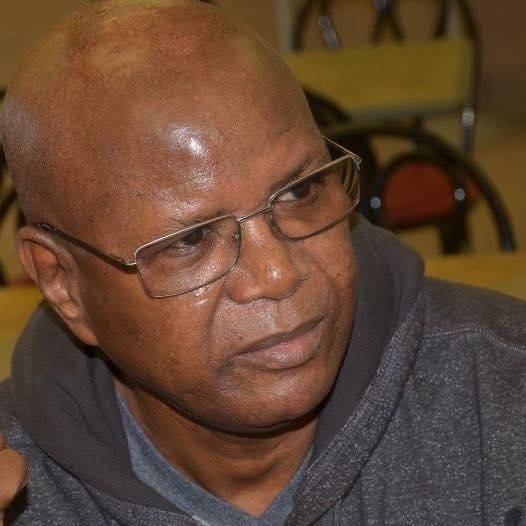Is The National Assembly Salaries And Pensions Bill Really Justified?- Demba Ali Jawo

By D. A. Jawo
The Liberian President Joseph Boakai has recently announced that he is going to take a 40% pay cut due to economic pressures in his country. He said his objective is to show solidarity with his people and establish a “precedent for responsible governance”.
The question that some people tend to ask is what this had got to do with us here in the Gambia. The answer is that it should be a big moral lesson to our leaders that governance is much more than just constantly paying themselves exorbitant sums of money while the down-trodden masses continue to languish in poverty and deprivation.
There are currently two important bills before the National Assembly for which ordinary Gambians are anxiously waiting to see how our legislators would react to them. However, while virtually everyone seems to be talking about the Judicial Officers Remuneration Bill, but hardly anyone mentions the second bill; the National Assembly Salaries and Pensions Bill, 2024, which deals with the salaries, allowances and numerous other privileges for members of the National Assembly. Even though the bill is only aimed at making some adjustments and endorsing an already existing situation, but it is still important for ordinary Gambians to know what it entails.
However, if I were given the opportunity to choose between those two bills, I would definitely vote for the lesser of the two evils; the Judicial Officers Bill because the National Assembly Salaries and Pensions Bill tantamount to daylight robbery. Of course, both bills are self-serving and none of them is in the interest of ordinary Gambians, but a mere glance at the pay structure of the National Assembly Salaries and Pensions Bill, shows that most of our legislators seem to be more interested in enriching themselves than serving the interest of their constituents. It is indeed hard to justify the payment of over D1.8 million per annum to each Member, which include D620,000 as basic salary, D180,000 House Rent, 420,000 Constituency Allowance and 600,000 Home to-Office Allowance, and of course a sitting allowance and several other allowances often paid to them. For instance, one would wonder why members should be paid house-to-office allowance when they have been allocated with very expensive vehicles and given fuel allowance too. The D420, 000 being paid to the elected members as constituency allowance is also being paid to the Nominated Members, but in their own case, it is referred to as Responsibility Allowance. What responsibility does that category of members have to deserve such a huge amount when they represent no one apart from President Adama Barrow who nominated them?
However, the payments which are hardest to justify are those being made to the Speaker and Deputy Speaker. According to the Bill, the Speaker would be receiving almost 3 million Dalasis per annum, in addition to other unspecified allowances, which include a salary of D1.2 million, D480,000 House Rent, D360, 000 Responsibility Allowance, D600,000 House-to-Office Allowance, D120,000 Robing Allowance, D60,000 Telephone Allowance and D240,000 Professional Allowance. Why would the Speaker, who lives in his own house, be paid D480,000 for house rent, and D360, 000 as responsibility allowance when he is being paid his salary to perform exactly those responsibilities? Why should he also be paid professional allowance when he has no other profession apart from being speaker for which he is being more than adequately remunerated?
Comparing these fat salaries and allowances being paid to the Members to the meager wages and salaries being paid to other public sector workers such as doctors, nurses, teachers and the security forces, one would not fail to see the huge gap that exists between the two. Yet, a majority of those public service workers are not only not being paid additional allowances on top of their small salaries, but they are instead required to pay house rent and other expenses from those meager salaries. Therefore, how can anyone justify the National Assembly Members voting for themselves such huge salaries and allowances when those they claim to represent are struggling to survive on their meager incomes?
However, despite all these fat salaries and allowances, most of the members are in the habit of leaving the chambers to go out and run after their own personal errands. During most of the sessions, when quite important issues are being discussed, one would observe that sometimes the chambers are almost empty with less than half the members left on their seats. For most of them, it appears that their main objective is to fill their pockets rather represent the interest of those who put them there.
We have all been witnesses to recent violent events in Kenya when ordinary Kenyans came out in the streets to demand that their government withdrew an unpopular bill. Even though it cost several lives, but the government was not only eventually forced to withdraw the bill, but it even led to the dissolution of the government by President William Ruto and the resignation of the chief of police. This is exactly what happens when the people are pushed too hard on the wall. We should therefore hope that our own government is learning from such lessons and also wish and hope that such a situation never arises in this country, and that our leaders would not feel too arrogant to listen to the concerns of the people.

